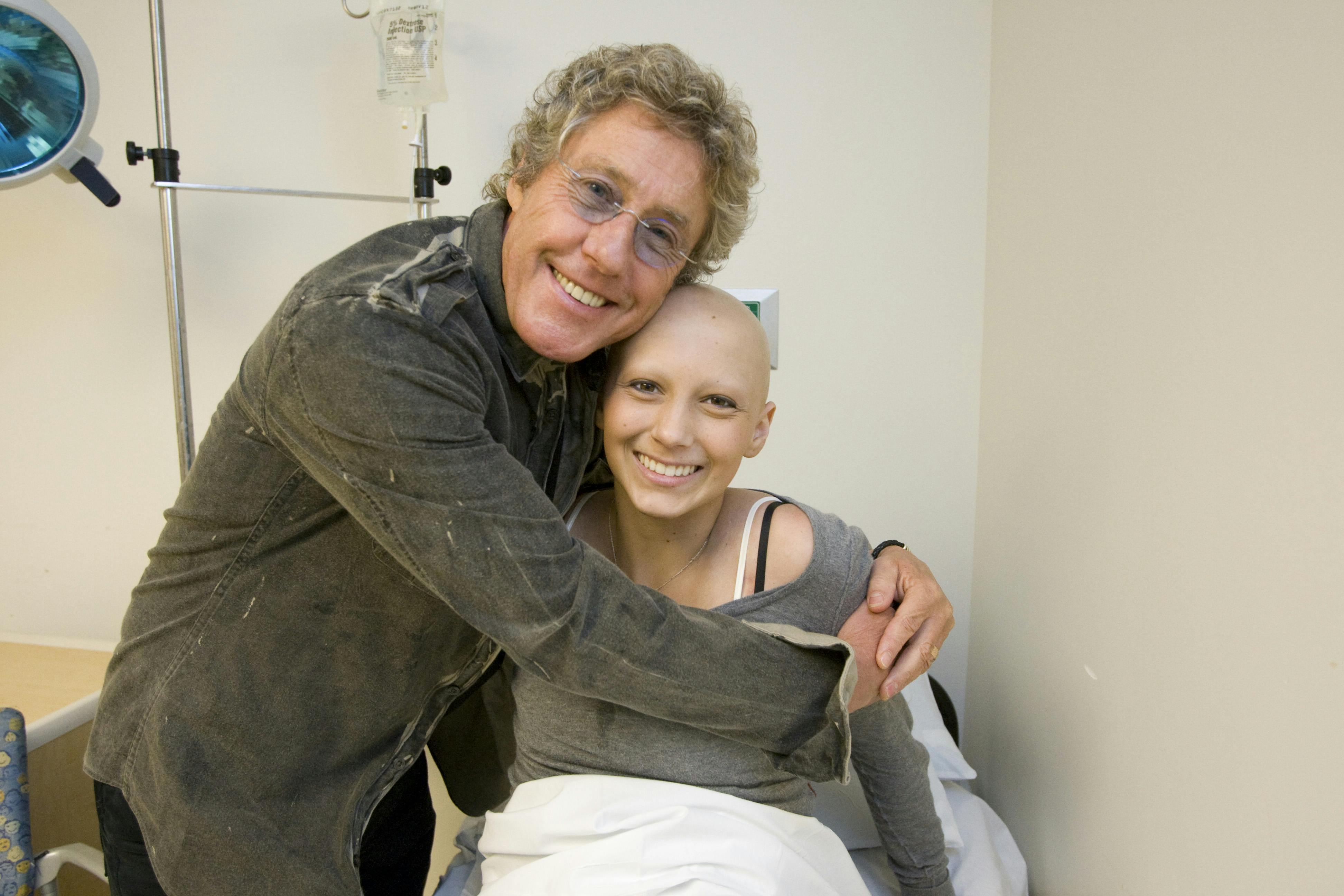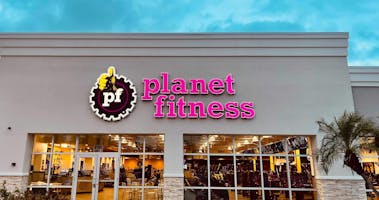Share on
The background: Young people shouldn’t have to face cancer alone
Teen Cancer America (TCA) knows that young people shouldn’t have to face cancer alone. Although teenagers are at a unique developmental stage, many hospitals don’t have cancer programs or facilities for this age group. TCA exists to solve that problem. Their journey began in England after Roger Daltrey and Pete Townshend of The Who founded Teen Cancer Trust in 2000. After establishing teenage cancer wards in every major hospital across the United Kingdom, the duo expanded the vision to the United States in 2012.
TCA hopes to spark a movement that changes how young people with cancer are treated and supported in America. They do this by offering consultancy services and support that aims to improve the experience, outcomes, and survival of teenagers and young adults with cancer. TCA also works to secure grants to build facilities designed for teens and has worked with nearly 100 hospitals across the U.S. to date.
The problem: Boosting employee morale in a time of need
The global pandemic resulting from COVID-19 affected businesses across the country in 2020 and beyond. For nonprofits organizations like TCA that rely on fundraising, suspending in-person events was especially disruptive. While shelter-in-place regulations halted TCA’s donor-relations model, they simultaneously increased the demand for TCA’s services. According to Simon Davies, Executive Director at Teen Cancer America, this swell can be attributed to the isolation young cancer patients felt as a result of the pandemic.
As nonprofits have had to find creative ways to stay above water in the wake of the pandemic, supporting a stressed staff has also been a challenge. With operating budgets under pressure, Davies wanted to boost morale with benefits other than cash. “I wanted to do something that demonstrated thoughtfulness, truly helped boost team cohesion, and also could signal to donors that TCA was a responsible employer while being fiscally prudent,” he said.
The solution: A fiscally responsible 401(k)
While offering benefits to employees may have been cost-prohibitive for nonprofits in the past, especially during tough times, Human Interest helped Teen Cancer America offer retirement benefits for the first time. While TCA considered a 403(b)—a type of retirement plan designed for nonprofit organizations—the benefits of less stringent compliance requirements were outweighed by their desire to offer an employer match option. They concluded that a 401(k) was their best option. “Most of my preconceptions that nonprofits couldn't afford to provide 401(k)s to their employees were smashed,” said Davies. In addition to its strong fund lineup, investment philosophy, and low fee structure, TCA was drawn to Human Interest’s customizability. “There was flexibility in how much in matching funds I could offer year-to-year, depending on how well our fundraising went.”
I wanted to do something that demonstrated thoughtfulness, truly helped boost team cohesion, and also could signal to donors that TCA was a responsible employer while being fiscally prudent.
Simon Davies, Executive Director at Teen Cancer America
Educating employees on the importance of retirement savings
Davies offers a few tips for other nonprofits who may be considering 401(k) plans. First, it’s important to help employees understand why retirement matters. “As someone who has gone through this 401(k) selection process, I want to encourage other leaders to consider what it might mean for their employees' lives,” he said. “It is our responsibility to help educate them.” These efforts have paid off: 90% of the nonprofit’s ten employees contribute to their 401(k) plan. Davies claims that Human Interest’s streamlined dashboard provides employees the flexibility to manage their accounts and adjust contribution levels.
Don’t forget to share the impact with your donors
Davies argues that robust benefits packages can also help nonprofits appeal to their donor base. By offering a 401(k), TCA embodied their commitment to helping employees during tough times. Communicating that they’ve selected a low-cost plan with Human Interest further proved to current and future donors—and board members—that TCA is cost-conscious and uses resources responsibly. Davies says that events like the pandemic reiterate the importance of physical, mental, and financial wellness. Although they may often operate on limited budgets, Davies is proud to serve as a model for other nonprofits looking to offer a 401(k) plan. “I would like to see this as the universally accepted norm on a global scale,” he said.
The testimonies, statements, and opinions presented are unique to the individuals providing reviews and may not be representative of the experience of others. Individuals providing testimonials are current clients of Human Interest. These testimonials were actively solicited by Human Interest and individuals did not receive either cash or non cash compensation. A direct solicitation of a testimonial incentivizes individuals to positively recommend services and products, creating a conflict of interest. Past performance or success is not a guarantee of future results. Read our full disclosures here.





